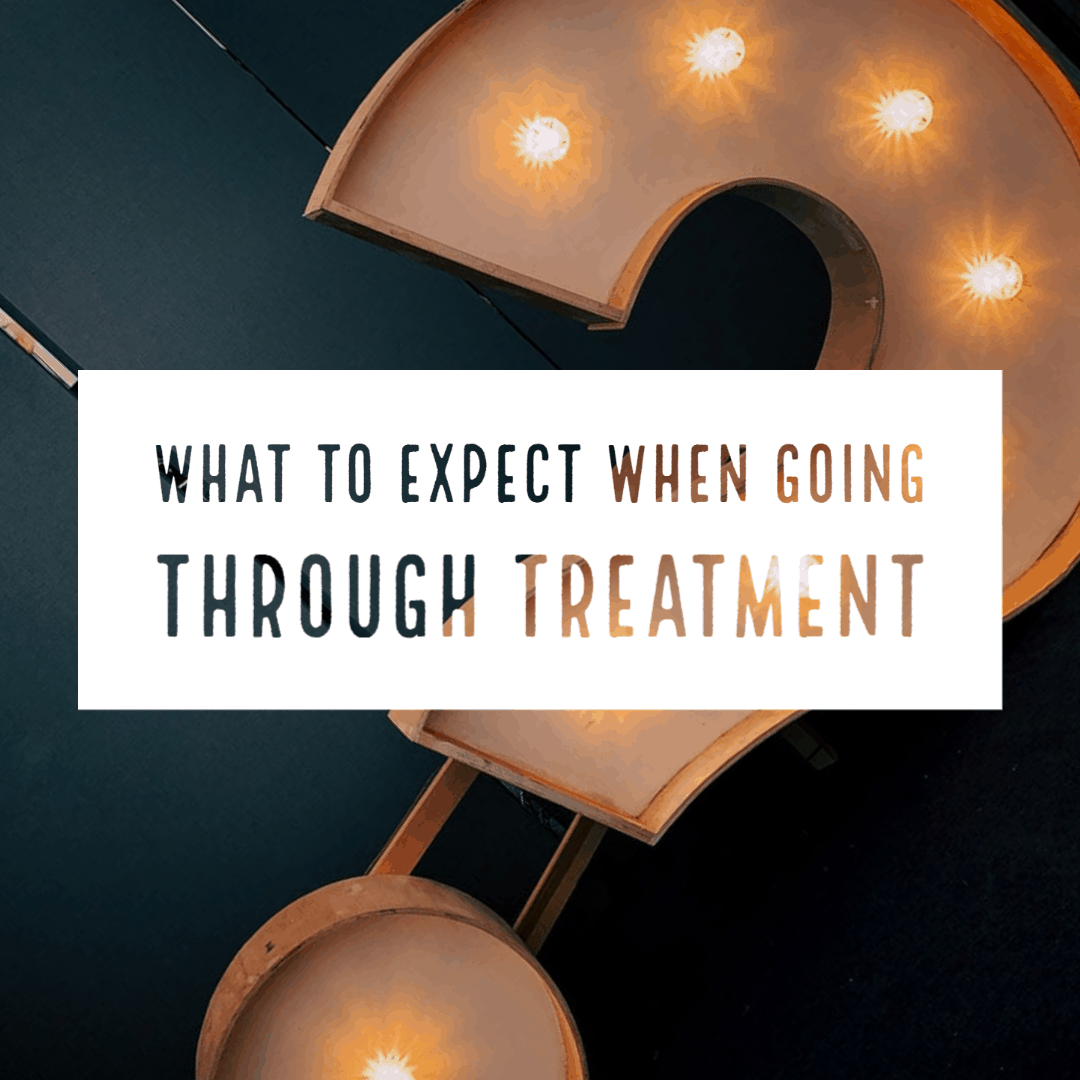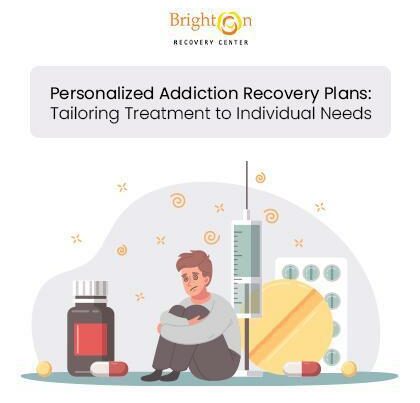What to Expect When Going Through Treatment

The decision to confront one’s addiction and pursue a new, sober life is a difficult one. It is a path that is undeniably filled with hardships ahead, and even more unknowns. Understanding what the process looks like before diving into it can help ease some of the worries that come with heading into a new environment and new lifestyle. The process itself is highly individualized for each person. Still, some necessary steps can help serve as a skeleton for understanding the process ahead.
Detox
Detox is the very first step and typically is the most uncomfortable. During this step, the goal is to expel toxins from the body, eliminating any trace of alcohol or drugs from the body’s systems. During this step, withdrawal begins to rear its head and creates discomfort. Addiction has programmed the brain to classify the abused substance in the same way that it needs food, air, or sleep. It is going to involve deep cravings and urges to use again, potentially leading to relapse.
The detox process, which lasts between four days to a week, provides the most comfortable, safe, and healthy environment possible when dealing with these withdrawal symptoms. It can also be an effective deterrent against relapse, all coupled with observation for medical and mental health concerns that may commonly coincide with the addiction recovery process.
Sober Home / Inpatient Care
A plan can help alleviate all the unknowns that come with seeking treatment for any kind of addiction.[/dt_quote]Moving out of the detox phase and into an inpatient program or sober home provides a continuity of care. These facilities are designed to alleviate triggers and continue mental health support in a controlled environment. This stage also begins the phases of group activities and establishing a community. Suffering and subsequently recovering from addiction can be a very isolating feeling.
Integrating into a judgment-free community can be invaluable for someone on the path to recovery. Such an environment can open a way for them to internalize their desire to recover and be a member of a long-lasting community in the future. Also designed to open one to new experiences, inpatient care focuses on setting the groundwork for future therapies while creating a comfortable environment. During this time, an addict can develop the necessary skills to maintain a sober life outside of the sober home itself.
Outpatient / Rehabilitation
Even after moving back to independent living, intensive outpatient rehabilitation will still meet several times a week. These meetings are commonly in group settings, to track the continued progress of the recovering individual. Aftercare often focuses on dealing with triggers in the real world and instilling life skills that can be practiced daily. This step still tracks the mental and medical needs of the individual while preparing them for society.
During this phase, things like the home environment are adjusted based on a patient’s needs and provide more personal flexibility. An addicted person will experience a gradual shift of focus towards a familial or career-oriented goal that they set for themselves. While still active members of the recovering community, patients will receive personalized care to deal with their perceptions of the world around them. They will learn how they can best continue their sobriety surrounded by an environment that is now more out of control.
Reintegration
When a person is ready and fully confident, outpatient care can be dialed back into a more relaxed format. In this phase, agency is placed more and more heavily on the patient to be responsible for their own ongoing care. Finally, they may be considered fully independent and ready to pursue whatever paths and goals that they set for themselves. However, that is not to mean that one is without a support system or is disconnected from care.
Continued care and therapies are always available. Most people who have successfully retained their sobriety become alumni, and stay with the rehabilitation communities that have helped them on their journeys. They give back and provide hope for those just setting out with their own goals of sobriety and a better life.
Alumni Programs
Alumni are often seen as pillars and leaders in the community. The alumni phase invites one to share their own personal story with those who may need to hear it most. There is a power in hearing from someone who has lived that struggle and felt that pain and come out on the other side. A symbol of perseverance, these members may continue to attend group meetings to impart this hope and willpower for those who come after them. Alumni serve as a symbol of the strength of the community as a whole.
These steps are meant as an outline of a path that one can take. While particular practices will differ between each rehabilitation facility and person, this skeleton of an overview is intended to instill a plan in someone who may be nervous about reaching out. A plan can help alleviate all the unknowns that come with seeking treatment for any kind of addiction.
Brighton Recovery Center is available each step of the way for those looking to take that first step in their own path. By providing individualized care and a focus on community, Brighton holistically addresses addiction, creating environments for people to overcome their addictions, but learn necessary life skills to pursue happiness in their own lives, on whatever venture they set out to do. For more information, or to schedule an appointment, contact Brighton Recovery Center today at 1-844-479-7035.



